Under the lens Part II: REACH microplastics restriction
REACH microplastics restriction: Worst-case and best-case scenarios ‘already clear’, says Cosmetics Europe chief
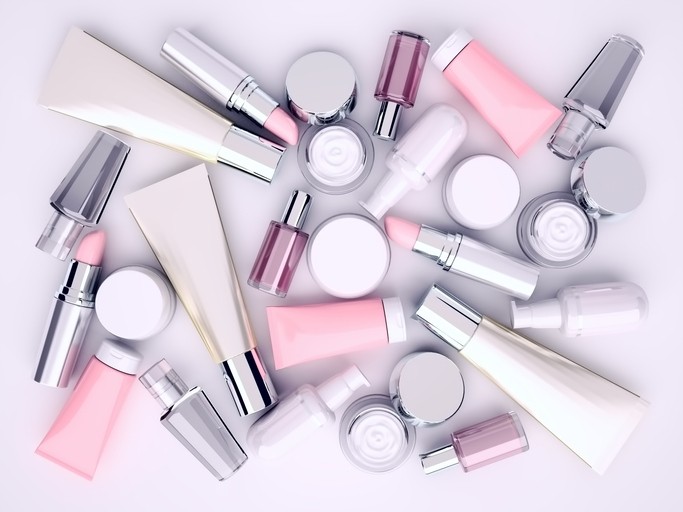
Last week, the European Chemicals Agency’s (ECHA) Committee for Risk Assessment (RAC) adopted its opinion in favour of ECHA’s proposal to restrict use of intentionally added microplastics in products on the EU/EEA market in concentrations of more than 0.01% weight by weight – a proposal it filed in January 2019.
ECHA’s Committee for Socio-economic Analysis (SEAC) was also soon set to publish its draft opinion on the matter where it would support the wide scope and transition periods given for companies preparing for a microplastics restriction. Following a 60-day consultation period, both committees would then submit a consolidated opinion that would be taken in by the European Commission and all EU Member States to be scrutinised by the Council and European Parliament.
For beauty and personal care, such a restriction on microplastics would be governed under ECHA’s Registration, Evaluation, Authorisation of Chemicals (REACH) Regulation, though some solid synthetic polymers would be exempt, namely film-forming polymers, binders and swellers, with labelling requirements. The final REACH restriction on microplastics was expected to come into force early 2022.
Microplastics restriction ‘worst-case’ scenario
Speaking to CosmeticsDesign-Europe about the RAC backing and next steps towards the final microplastics restriction, John Chave, director-general of trade association Cosmetics Europe, said: “It’s already clear to us what the worst-case and best-case scenarios are.”
The worst-case scenario for the beauty and personal care industry, Chave said, would be that the transition time for leave-on products to be reformulated remained six years.
Considering the extensive number of polymers that were categorised a microplastic under the current definition, he said industry would need to reformulate thousands of formulations and would require more time to do so.
Not only were these reformulation efforts highly complicated, with at least eight different steps, he said there were not currently enough alternatives that performed all critical functions of these polymers.
“Leave-on formulations are actually very complicated (…) This complexity means reformulation takes longer, and because we don’t have alternatives – if you take those elements together – it seems impossible for leave-on to be reformulated within six years.”
Microplastics restriction ‘best-case’ scenario
Chave said the best-case scenario for industry would be an extension on the transition period for some leave-on products; the likes of skin care, sun care and deodorants.
Cosmetics Europe would fight hard during the 60-day consultation over these transition periods, he said, calling on the six years to be extended to 12 years for skin care formulations; eight years for sun care; and 10 years for all other leave-on formulations.
Another best-case scenario would see a derogation from the restriction for all make-up, lip and nail products, he said. “Very, very, very little polymer material from make-up, lip or nail products go into the environment because most people wipe off products and throw the cotton wipe in the trash, which is something acknowledged by ECHA.”
With additional labelling and consumer education campaigns encouraging consumers to wipe off products and dispose of wipes correctly, Chave said any environmental impact could be minimised even further, without restricting microplastics in these products.
“Derogation doesn’t mean you escape entirely, because you’d have to have these labelling requirements, but that’s probably a price worth paying to avoid a complete ban on solid, synthetic polymers in make-up, lip and nail products,” he said. How these labelling requirements might play out remained unclear, he said.
Industry must start ‘looking hard’ at this upcoming restriction
Chave said no matter what scenario came into effect, it was critical beauty and personal care companies of all sizes, but particularly smaller SMEs or indie brands, started to look “very hard” at product portfolios and formulations to understand what products would be affected by this microplastic definition and impending restriction.
He said industry must take another look at rinse-off products – a category where microbeads had already been formulated out – to see if any other solid, synthetic polymers had to be removed: glitters and opacifiers being two examples. Companies then had to look very closely at all leave-on formulations, he said.
The upcoming restriction – likely to come into force in early 2022 – was a big worry for smaller brands especially, Chave said.
“I’ve got good reason to be worried. I think that, firstly, the SME community doesn’t quite understand what is coming along the road to hit them. Secondly, they have trouble working out whether their ingredients are covered because the definition is generic and complicated,” he said.
Solid support for SMEs across European cosmetics space
Irrespective of how the final restriction panned out – a best-case or worst-case scenario – Chave said Cosmetics Europe would support all SME members and all those smaller players operating in the European beauty and personal care space as best it could.
“It’s crucial that members understand how the definition works and we’ve already begun the process of reaching out to our national members (…) We will develop guidance for our members and the members of our national associations so they can better understand and respond.
“Obviously, we need to wait a little bit longer, but I do think Cosmetics Europe has an important role in making sure we can adapt to this restriction with minimum cost and disruption,” he said.
Chave already spoke clearly about how Cosmetics Europe and its national members would continue to argue against what it viewed as being an extremely disproportionate restriction on microplastics in Part I of our in-depth coverage.
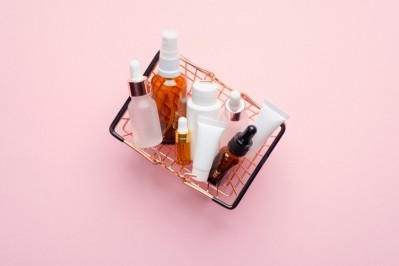
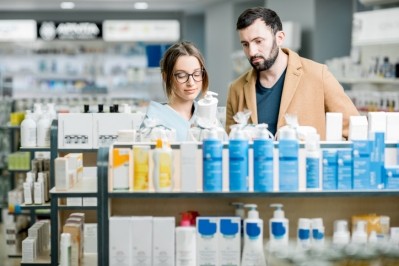

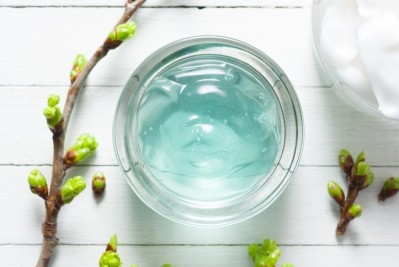



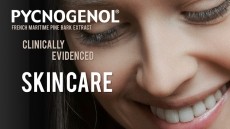


![Chinese study highlights mental health challenges in atopic dermatitis, emphasising holistic patient care. [Getty Images]](https://www.cosmeticsdesign-europe.com/var/wrbm_gb_food_pharma/storage/images/_aliases/wrbm_tiny/publications/cosmetics/cosmeticsdesign-asia.com/headlines/formulation-science/chinese-research-linking-atopic-dermatitis-to-mental-health-underscores-need-for-holistic-care/17040623-1-eng-GB/Chinese-research-linking-atopic-dermatitis-to-mental-health-underscores-need-for-holistic-care.jpg)








